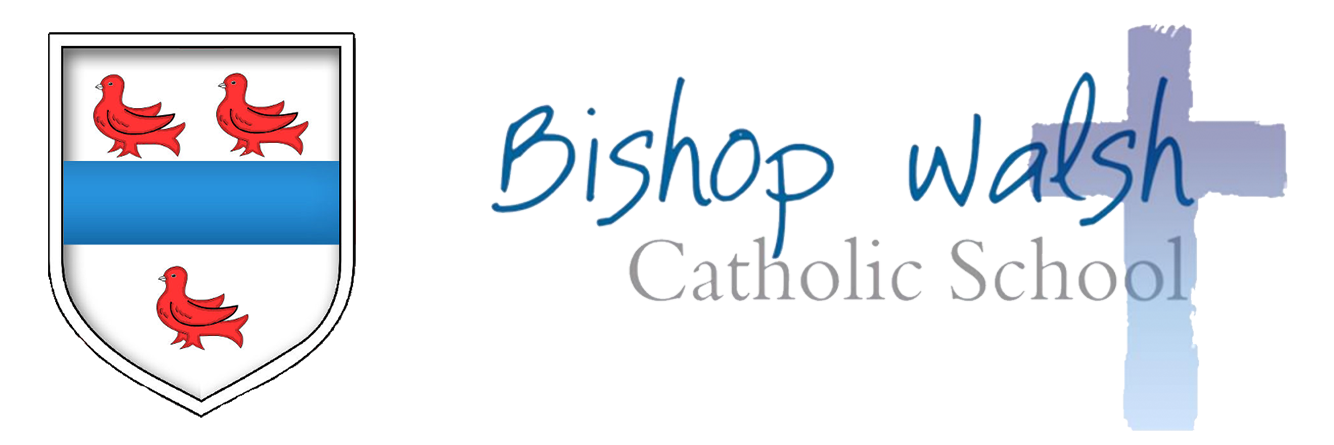Assessment and Feedback
Assessment is a term which encompasses a wide range of activities, formal and informal, summative and formative. A range of different assessment methods will be used by teachers at different times. For much of the time this will involve tests and quizzes but portfolios, practical work and oral work will also be used when appropriate. At Key Stage 4 controlled assessments have been replaced by non-examination assessments. Non-examination assessment is only included where it is impossible to assess those skills in an exam.
The school believes in the embedding of assessment for learning within the teaching and learning of all subjects throughout the school. This is formally reflected in the short, medium and long term learning plans of all departments and Key Stages. Effective assessment at Bishop Walsh Catholic School includes the following characteristics:
Promotes learning
Informs teaching
Formative focussed
Reduces teacher workload
Identifies progress
The school believes that the use of both summative and formative assessment are characteristic of good practice and form part of the assessment culture. The most effective assessment strategies that include all the characteristics of good assessment are:
Daily recap quizzing – cumulative content retrieval practice at the start of all lessons. Students receive instant feedback as the quizzes are marked, corrected and improved by the pupils themselves. The teacher uses a range of whole class feedback strategies to inform them of what is learned and what is still required to be taught.
Knowledge quizzes – low stakes, common and cumulative quizzes. Questions are on content covered to date with a focus on the current topic. Students receive instant feedback as they mark, correct and improve the work themselves. The teacher uses a range of whole class feedback strategies to inform them of what is learned and what is still required to be taught.
Learning Cycle Assessments – each key stage is divided into learning cycles (LC). At an appropriate point in the learning cycle is an assessment window in which assessments take place. Results will be reported to pupils and parents via our SIMS Parent App. Students will receive detailed whole-class feedback in lessons after each assessment.
Application tasks – development of skills and application of content (such as extended writing pieces or drawing tasks) undertaken during a deliberate practice in lessons.. Whole class feedback is used to inform next steps for pupils.
